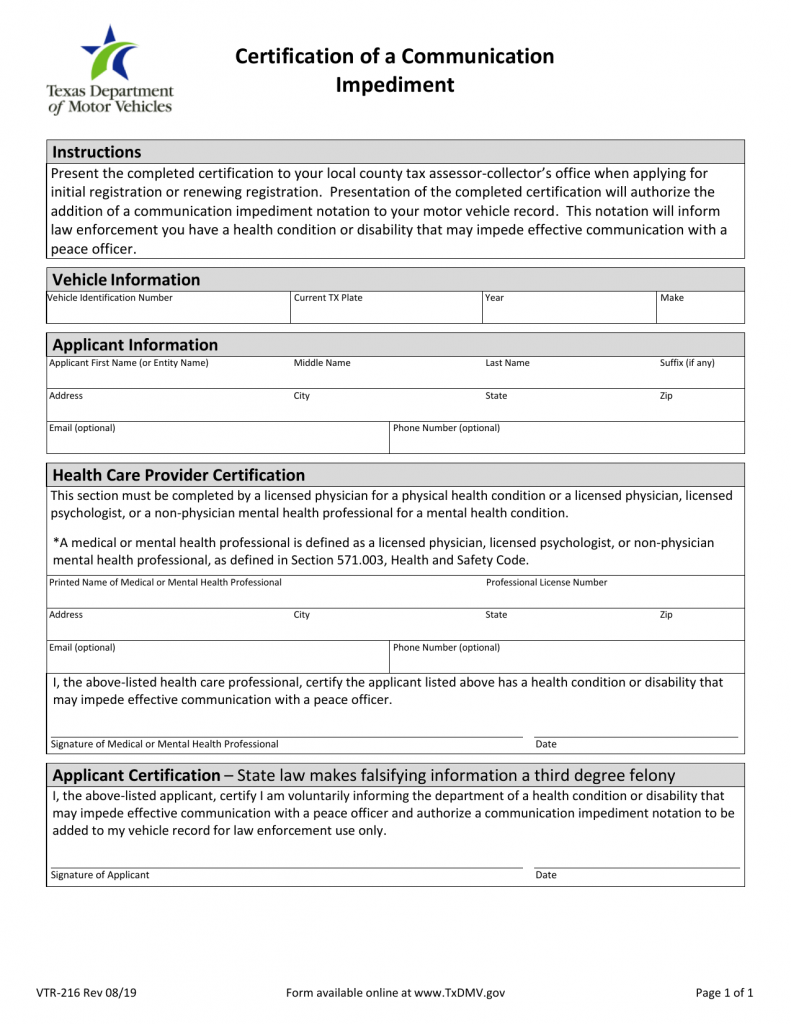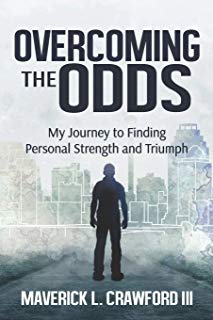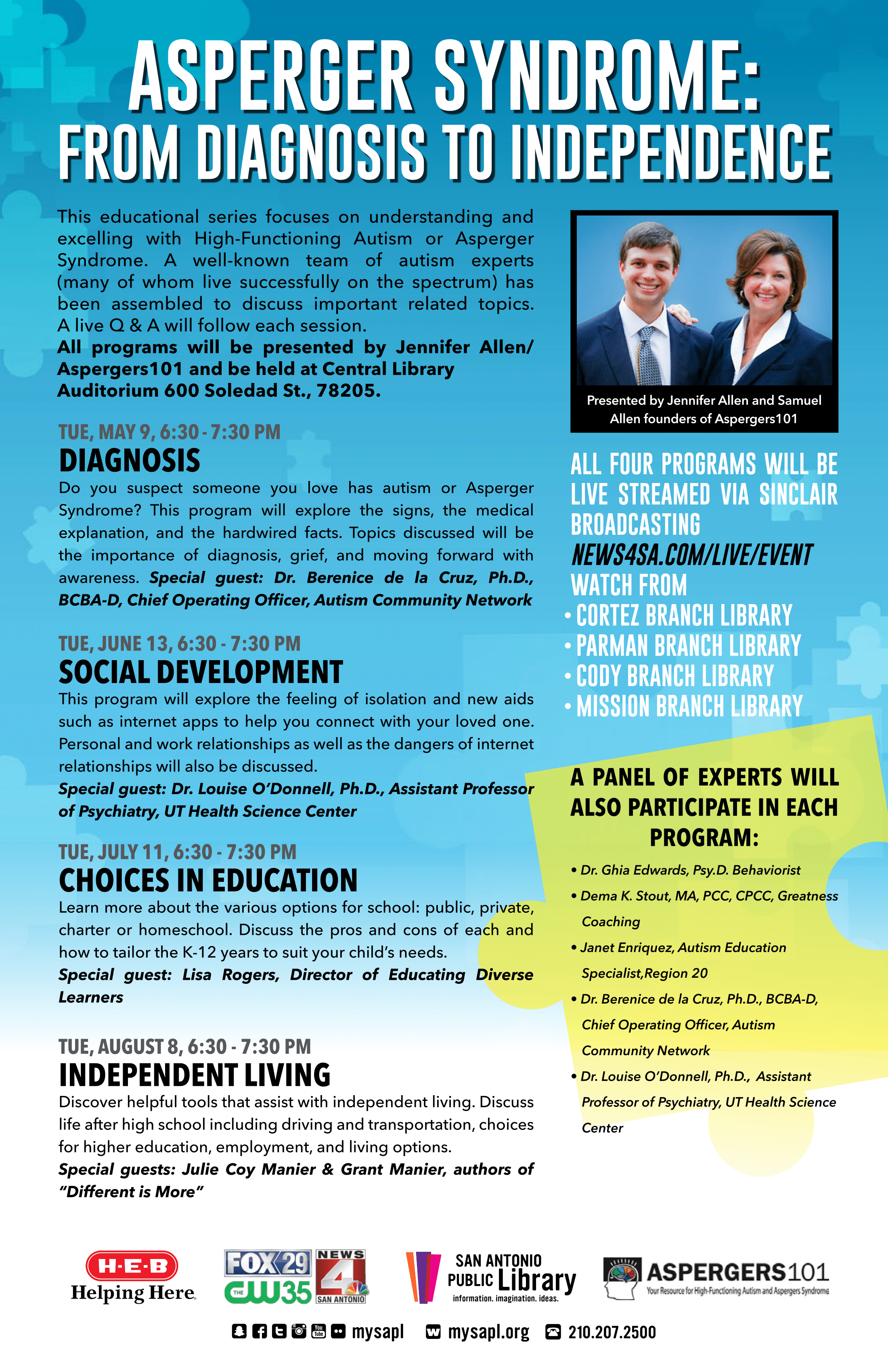The Autism Charm
Jewelry Designed to Impart how it “Feels” to have Autism

One of the highlights when Sam and I speak at autism conferences is the reaction to a simple painting he had created depicting how it ‘feels’ to have autism. His interpretation offers a great insight and a relate-ability satisfying most neurotypical minds. As a result to the overwhelming positive feedback…we incorporated Sam’s painting into our logo and now have made it into jewelry to wear!
Make no mistake, this is a fundraiser. 100% of all proceeds will directly fuel the cost to provide Aspergers101 as an ongoing free resource and it’s outreach! You can read more about our work at the end of the blog but the focus of this blog is on you and our most uncommon path of raising a child with Autism/Asperger Syndrome.
The Path Less Traveled
The Autism Charm was created out of experience. Both mine and Sam’s journey, though unique to us, is shared by everyone who has a child diagnosed with Autism or Asperger Syndrome. It’s a path less traveled. Early on, a parent finds themselves a bit of an Indiana Jones forging their way through the bramble and uncertainty of EVERYTHING…but you forge on. Years of working together seems each grade advancement was a huge accomphlishment and for a moment, a plateau to rest until onward and upward yet again. You know the path. It was on this isolated journey I met a friend who had, up until that time, also forged it with her son…alone. We formed a most valuable, immediate friendship that felt like an exclusive club! There were others out there and that felt good.
The Parents Bond of Autism
It was from this newly formed friendship that I realized our paths should not be forged alone. If anything, being down the path a bit my family and I then decided to reach out to help others just starting out. Knowledge was power and there is nothing more powerful than a mothers bond of a child with autism…we know each others struggles! Do you find yourself immediately drawn to another parent whose child is on the spectrum? An empathy and fierce loyalty is instant! To remind me of this bond and that I am not alone as I feel, my friend gave me a bracelet that I’ve worn out! It has a symbol of autism that though only she and I wore, that was a daily reminder that I can get through this….there are others!
The Autism Charm Design

So now we, Aspergers101, have taken the logo Samuel designed and made it into a charm bracelet or necklace! We hope you wear it with pride and know that you are never alone in your struggles. Of course, it is through my families faith in God that offers us peace but good to be reminded that others tread the brambled path of Autism. I’ll repost Sam’s description of his design:
A graduate of Abilene Christian University, Jennifer had a long career in TV Broadcasting. Upon learning her oldest son Sam had a form of Autism called Asperger’s Syndrome, she left her career and became a full-time mother to both of her sons. Jennifer elicited the participation of her family and together they produced several independent programs including a children’s animated series titled Ameriquest Kids, as well as a documentary and book titled, Coping to Excelling: Solutions for School-age Children Diagnosed with High-Functioning Autism or Aspergers Syndrome. She formed the nonprofit Asperger101 to provide on-going free resources related to ASD at Aspergers101.com and has implemented the Texas Driving with Disability Program and continues to grow the statewide initiative today. She and her husband have recently retired to their property in the Texas Hill Country.
















